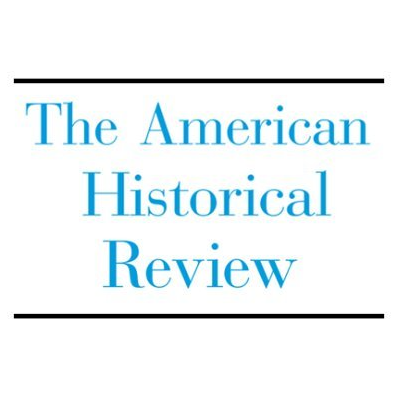The Justinianic Plague and the Making of the Plague Concept
Episode 41 - December 24, 2020

Merle and Lee record their final episode for 2020 in which they cover a recently published article of theirs. The article, published in the American Historical Review, examines how scholars thought about the Justinianic Plague over the past century and a half. While the scholarly interpretation of plague increased to include more deaths over a longer period and a wider geographical scope, Merle and Lee argue that a more critical analysis reveals that much of this understanding is based on limited evidence and can be better explained through what they term as “the plague concept” – the difference between what plague actually did and our assumptions of what plague should do, by its definition – which often tend towards exaggeration. The discussion therefore examines the changing mortality of plague alongside its different chronology and geographic scope, and then touches upon a couple of truisms – our almost automatic association of the plague with rats and climate which tends to oversimplify the evidence. Merle and Lee wrap up with a discussion of some potential next steps in research on the Justinianic Plague.